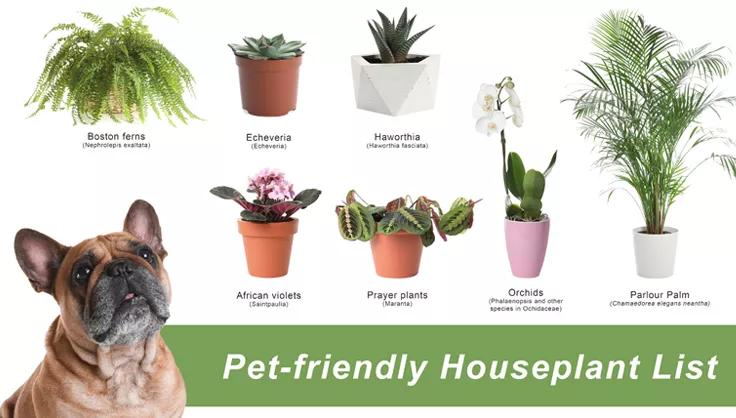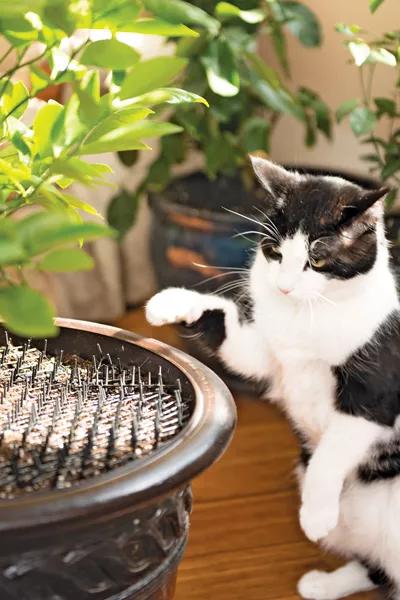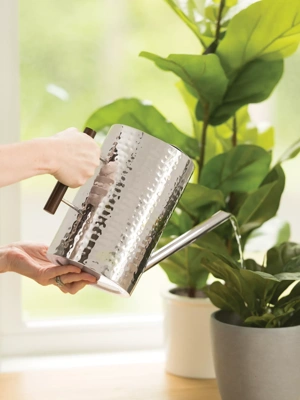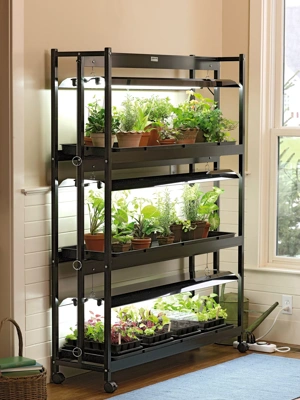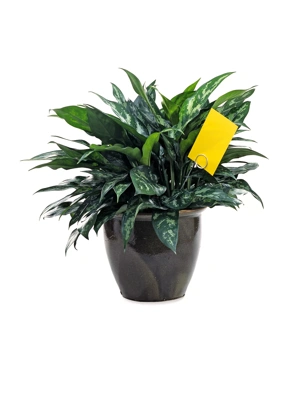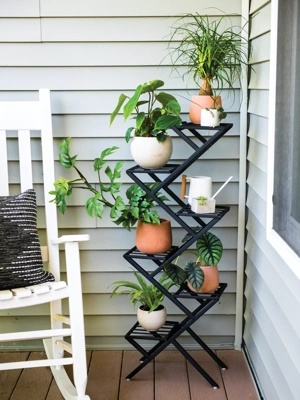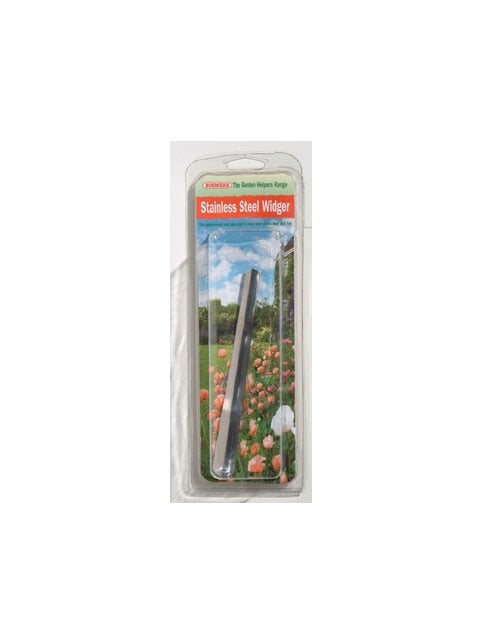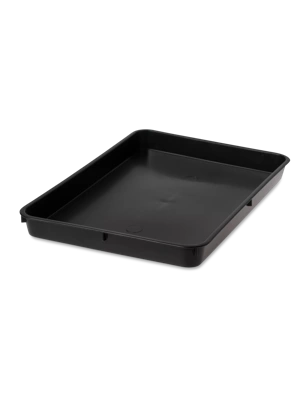Pet-Friendly Houseplants
Yes, you can have both foliage and furry friends in your home
Curious canines and uncooperative cats can make keeping an indoor garden exasperating, not to mention, unsafe. Every year, the American Society for the Prevention of Cruelty to Animals (ASPCA) publishes a list of the top toxins most commonly reported that year — and plants are routinely in the top 10. Some of our favorite houseplants, including sago palm, aloe vera, and peace lilies are incredibly poisonous to cats and dogs.
However, it is possible to be both a pet parent and a plant parent simultaneously; you just need to choose wisely. What houseplants are safe for cats and dogs?
Pet-Friendly Houseplants
| Common Name | Botanical Name |
|
Air plant African Violet Bird's Nest fern Blue Echeveria Boston fern Burro's Tail Cast Iron plant Christmas cactus Gerbera daisies Hoya plant Moth orchid Parlor palm Pancake plant Ponytail palm Prayer plant Rattlesnake plant Rubber plant Spider plant Zebra plant |
Tillandsia spp. Streptocarpus ionanthus Asplenium nidus Echeveria glauca Nephrolepis exaltata ‘Bostoniensis’ Sedum morganianum Aspidistra elatior Schlumbergera bridgesii Gerbera jamesonii Hoya spp. Phalaenopsis spp. Chamaedorea elegans Pilea peperomioides Beaucarnea recurvata Maranta leuconeura Calathea lancifolia Peperomia obtusifolia Chlorophytum comosum Haworthia fasciata |
Tips for Keeping Pets Away From Houseplants
1. Put plants out of reach
This one is a no-brainer; the easiest way to protect both your plants and pets is to keep them separated. This might mean using a tall planter, a hanging basket, or simply keeping your sunroom door closed
2. Foil, with foil
Cats love to dig and scratch, especially in loose, gritty surface like soil. Try covering the surface of the soil around your plant with tin foil to deter. Don't want your houseplants to look like leftovers? Use stones or a specialty mat like the Cat Scat Mat instead.
3. Repel with smell
Soak cottonballs in a 2:1 mixture of water to either vinegar or rubbing alcohol, and place them lightly on the soil surface. Do not pour either vinegar or rubbing alcohol directly on the plant (a sure death sentence). If either of the above ingredients are too strong for your nose, try placing lemon or orange peels in the pot surrounding your plant — most pets find citrus incredibly unappealing.
Be advised that the consumption of any plant material may cause gastrointestinal illness for dogs and cats. If you believe that your animal is ill or may have ingested a poisonous substance, contact either your local veterinarian or the APCC 24-hour emergency poison hotline at 1-888-426-4435.
Last updated: 01/30/2024
Print this Article:
Related items
Get the Dirt
Stay up to date on new articles and advice. Please fill out the information below.


